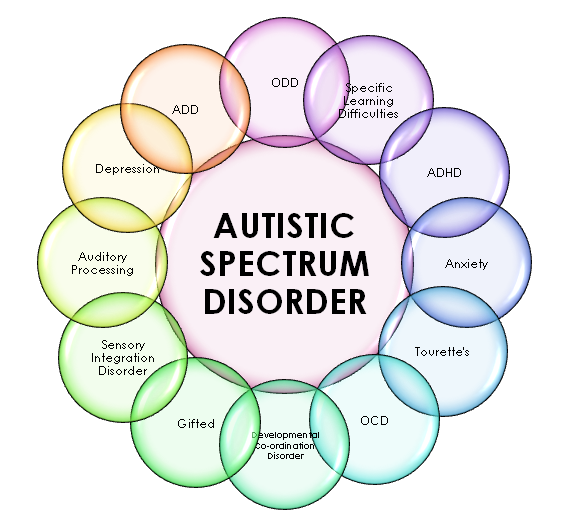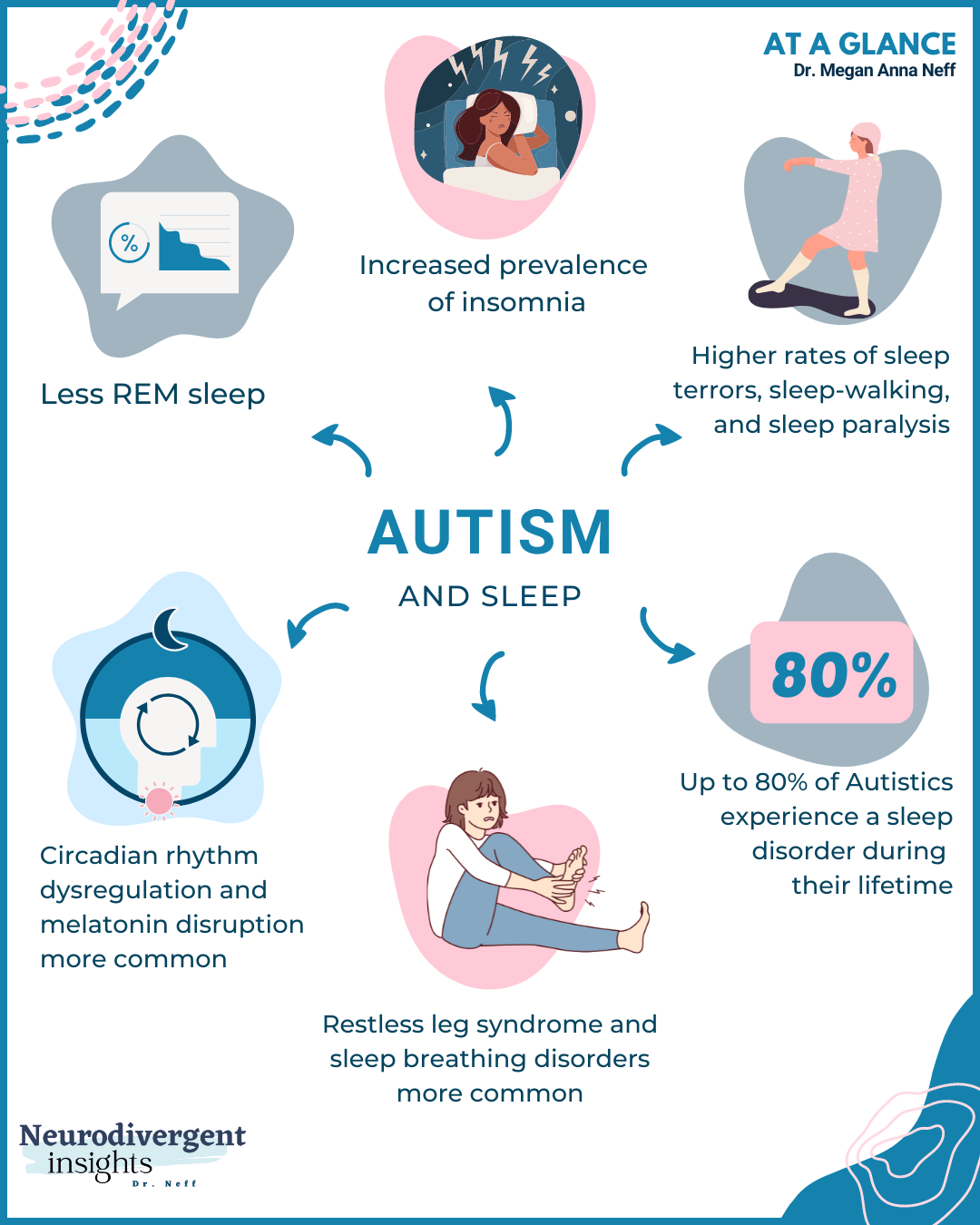Understanding Autism: A Comprehensive Overview to Indications and Symptoms
Autism Spectrum Disorder (ASD) incorporates a variety of characteristics that can dramatically affect an individual's social interactions and day-to-day functioning. Identifying the symptoms and signs, such as difficulties with eye get in touch with, social communication problems, and sensory sensitivities, is critical for very early intervention. Recognizing these subtleties not only help caregivers and teachers in providing proper support however additionally promotes an extra inclusive setting for individuals with ASD. As we check out the intricacies of autism, it ends up being necessary to think about how these indications manifest in a different way across the range and what ramifications they hold for reliable intervention strategies.
Review of Autism Spectrum Disorder
Defining Autism Range Disorder (ASD) includes recognizing it as a complicated neurodevelopmental condition defined by a variety of obstacles in social communication, interaction, and behavior patterns. The term "range" mirrors the vast irregularity in signs and symptoms and their severity, which can differ considerably from one individual to another. ASD normally materializes in very early youth, although some individuals may not receive a diagnosis until later on in life.
Variables affecting the growth of ASD consist of ecological variables and hereditary tendencies, although the precise causes stay under investigation. Diagnosis frequently counts on behavior analyses, as there are no clear-cut medical tests for ASD. Early treatment is critical and can dramatically enhance outcomes, concentrating on boosting interaction skills, social communications, and flexible behaviors.
People with ASD might also show one-of-a-kind staminas, such as phenomenal focus to detail or particular areas of know-how. Comprehending the diverse nature of ASD is necessary for cultivating a comprehensive environment that accommodates neurodiversity. Proceeded research study is vital for creating reliable interventions and support group, allowing individuals with ASD to grow and satisfy their potential within society.
Typical Signs of Autism
Identifying the common indicators of Autism Spectrum Problem (ASD) is crucial for early recognition and intervention. These indications can differ commonly in extent and discussion, but particular qualities are frequently observed in people with ASD.
One of the most common indications is a significant trouble in maintaining and establishing eye get in touch with. People might additionally show limited interest in social interactions and show a preference for solitary play.
Sensory sensitivities are likewise typical; people might underreact or panic to sensory stimulations, such as appearances, lights, or noises. autism. Language development can be irregular, with some kids showing postponed speech or utilizing language in uncommon ways, including echolalia-- repeating sentences or expressions listened to in other places
It is vital to note that not every person with ASD will certainly show all these indications, and the degree of these actions can vary substantially. Early recognition enables prompt assistance and resources, enhancing the top quality of life for those on the range.
Social Communication Challenges
Social interaction difficulties are a trademark of Autism Spectrum Problem (ASD), affecting an individual's capacity to engage effectively with others. These troubles can materialize in various means, including challenges in launching and preserving conversations, comprehending social cues, and reacting appropriately in social communications.
Individuals with ASD might fight with nonverbal communication, such as eye get in touch with, facial expressions, and body movement. This can result in misconceptions, as their communicative intent may not be appropriately translated by others. They might find it hard to understand the subtleties of tone and context, which are important for reliable communication.
In team setups, individuals with ASD might really feel overwhelmed and might not know exactly how to join look at more info in conversations (autism). They could likewise show atypical conversational patterns, such as monologuing concerning particular passions without recognizing social reciprocity
Additionally, these challenges can lead to social seclusion or problems in developing relationships, as peers may misunderstand their habits or interaction style. Comprehending these social interaction challenges is vital for fostering helpful settings that advertise social abilities advancement and boost the quality of communications for individuals on the autism spectrum.
Sensory Actions and level of sensitivities
Many individuals with Autism Spectrum Condition (ASD) experience enhanced sensory sensitivities that can dramatically impact their day-to-days live. These level of sensitivities might show up as over-responsiveness or under-responsiveness to sensory stimuli, including sounds, lights, textures, tastes, and smells. A person with ASD may find everyday noises, such as a vacuum cleanser or crowded settings, extremely traumatic, leading to anxiousness or meltdowns. Conversely, some might show an indifference to discomfort or extreme temperatures, which can position safety issues.
Sensory processing distinctions in individuals with ASD can also influence their capability to take part in routine activities and social communications. As an example, a youngster who is sensitive to touch might resist physical love or avoid particular clothes you can check here fabrics. Conversely, a preference for sure structures or tastes can restrict nutritional choices and develop difficulties throughout mealtimes.
Recognizing these sensory sensitivities is crucial for acknowledging the unique experiences of individuals with ASD. Recognition of their sensory profiles can promote far better communication and assistance strategies, producing an environment that fits their demands and improves their top quality of life. Ultimately, recognizing sensory level of sensitivities is a vital component of understanding the wider range of autism.

Supporting People With Autism
Reliable support for individuals with Autism Spectrum Problem (ASD) is critical for boosting their general well-being and cultivating self-reliance. Support strategies need to be customized to meet the one-of-a-kind requirements of each individual, considering their difficulties and toughness.

Social skills training can likewise play a pivotal function. autism. Involving people in group tasks or role-playing scenarios can improve their capability to browse social communications. Furthermore, it is necessary to enlighten relative, caregivers, and peers regarding ASD to cultivate a you could check here helpful and comprehensive area
Final Thought
By fostering improved interaction and social abilities, people with autism can navigate their environments much more successfully. Ultimately, raised recognition and assistance can substantially enhance the quality of life for those affected by ASD.
Autism Range Problem (ASD) incorporates a large range of characteristics that can significantly influence an individual's social interactions and day-to-day functioning.Individuals with ASD might have a hard time with nonverbal interaction, such as eye get in touch with, facial expressions, and body language.Several individuals with Autism Spectrum Problem (ASD) experience enhanced sensory sensitivities that can significantly impact their day-to-day lives.Sensory processing differences in people with ASD can additionally impact their ability to involve in social communications and routine tasks.Comprehending these sensory level of sensitivities is necessary for recognizing the one-of-a-kind experiences of individuals with ASD.